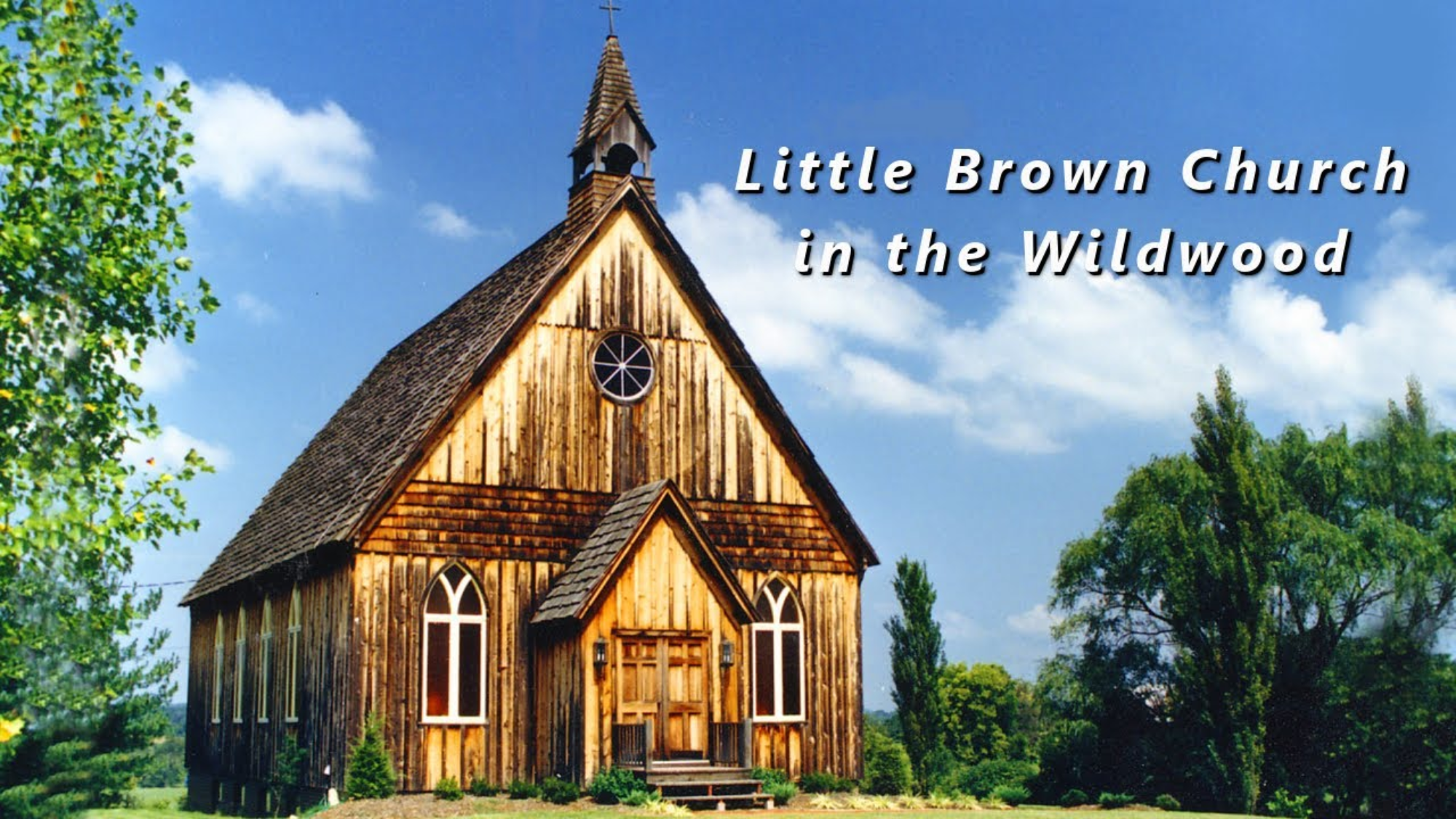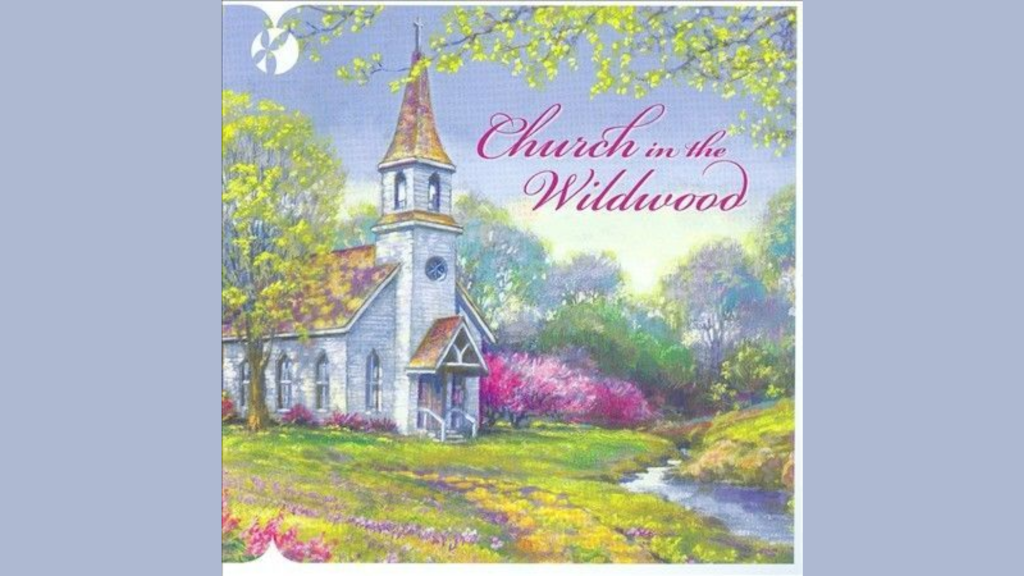William S. Pitts was an American composer and physician born in 1830 in New York. He demonstrated musical talent from a young age and began taking formal music lessons.
He wrote the famous hymn The Church in the Wildwood after imagining a small church in a wooded valley during a visit to Iowa. Later, a real church was built in the exact spot he had pictured.
He sold the rights to the song for $25 to help pay for medical school and went on to become a doctor in Iowa. Despite writing other music and serving his community as mayor and school treasurer, this simple hymn became his most lasting legacy.
About the Song
Church in the Wildwood is a sentimental song about a simple country church nestled in a peaceful valley. It expresses deep affection for childhood memories and the comfort found in that special place.
The song highlights the longing for a return to innocence and the sense of belonging that the little church represents. Its gentle melody and heartfelt words invite listeners to remember the places that shaped their faith and lives.
| Detail | Information |
|---|---|
| Released | 1857 |
| Writer | William S. Pitts |
| Genre | Hymn, American Folk |
| Notable Recordings | The Carter Family, Tennessee Ernie Ford, Andy Griffith |
Complete Lyrics of Church in the Wildwood

There’s a church in the valley by the wildwood,
No lovelier spot in the dale;
No place is so dear to my childhood,
As the little brown church in the vale.
Refrain
Come to the church in the wildwood,
Oh, come to the church in the dale,
No spot is so dear to my childhood,
As the little brown church in the vale.
How sweet on a clear, Sabbath morning,
To list to the clear ringing bell;
Its tones so sweetly are calling,
Oh, come to the church in the vale.
Refrain
There, close by the church in the valley,
Lies one that I loved so well;
She sleeps, sweetly sleeps, ’neath the willow,
Disturb not her rest in the vale.
Refrain
There, close by the side of that loved one,
To trees where the wild flowers bloom,
When the farewell hymn shall be chanted
I shall rest by her side in the tomb.
Refrain
From the church in the valley by the wildwood,
When day fades away into night,
I would fain from this spot of my childhood
Wing my way to the mansions of light.
Refrain
Similar Songs Like Church in the Wildwood
For those who love the gentle spirit and classic harmony of Church in the Wildwood, here are some similar songs to enjoy:
- In the Garden: This classic hymn brings a quiet, personal feel with lyrics about walking and talking with a higher power in nature’s calm.
- The Old Rugged Cross: A heartfelt gospel favorite that blends emotion and thoughtfulness through simple, powerful lyrics and a tender tune.
- Peace in the Valley: Known for its comforting message and slow, expressive rhythm, this song brings reassurance during times of trouble and change.
Similar Artists Like William S. Pitts
Lovers of classic hymns and spiritual songs will appreciate these artists who brought passion, harmony, and faith to every note:
- Fanny J. Crosby
Genres: Hymns, Gospel
Top Works: Blessed Assurance, To God Be the Glory, Pass Me Not O Gentle Savior - George Beverly Shea
Genres: Gospel, Christian Traditional
Top Works: How Great Thou Art, The Old Rugged Cross, I’d Rather Have Jesus - Alan Jackson
Genres: Country, Gospel
Top Albums: Precious Memories (2006), Precious Memories Volume II (2013), Precious Memories Collection (2016) - Ira D. Sankey
Genres: Gospel, Hymns
Top Works: The Ninety and Nine, There Were Ninety and Nine, Trusting Jesus - Mahalia Jackson
Genres: Gospel, Spirituals
Top Albums: Move On Up a Little Higher (1950), Silent Night: Songs for Christmas (1962), The Power and the Glory (1960)
Frequently Asked Questions
Who First Performed Church in the Wildwood?
Pitts and his singing class performed it at the church dedication in 1864.
Why is Church in the Wildwood Still Popular Today?
Its sentimental lyrics and connection to the Little Brown Church attract many visitors and weddings.
When was the Actual Church Built for Church in the Wildwood?
Construction began in 1860 and was completed in 1864.





















